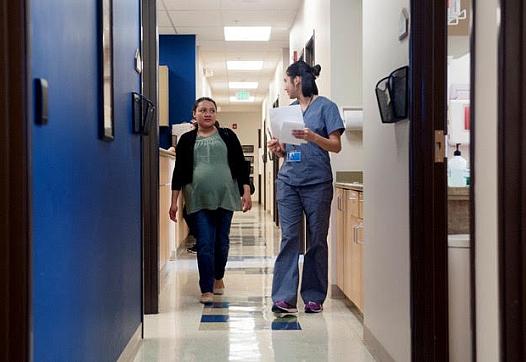
Pregnant women in LA's safety net system often struggle to get adequate mental health care. The problem is made worse by the lack of psychiatrists trained to work with pregnant women.

Pregnant women in LA's safety net system often struggle to get adequate mental health care. The problem is made worse by the lack of psychiatrists trained to work with pregnant women.
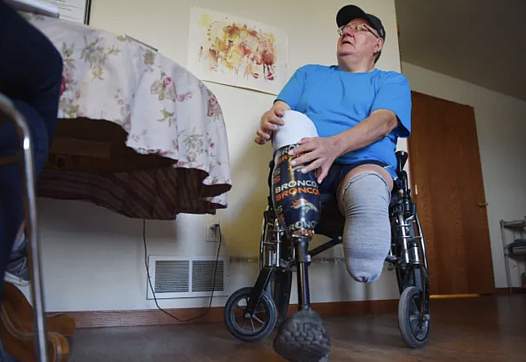
The Argus Leader reviewed hundreds of pages of federal hospital inspection records and legal filings as part of a monthslong investigation into the facilities. And reporters met with dozens of tribal members on visits to the Rosebud and Pine Ridge Indian Reservations.
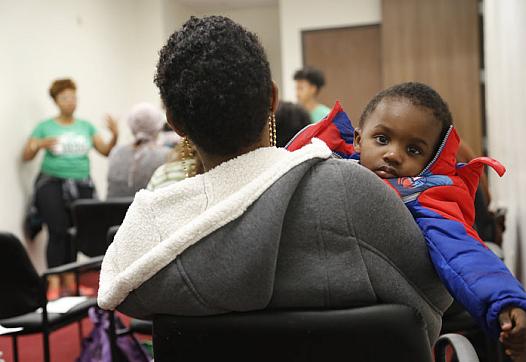
The first 1,000 days of nutrition can set a child’s course for life or perpetuate a cycle of poverty.
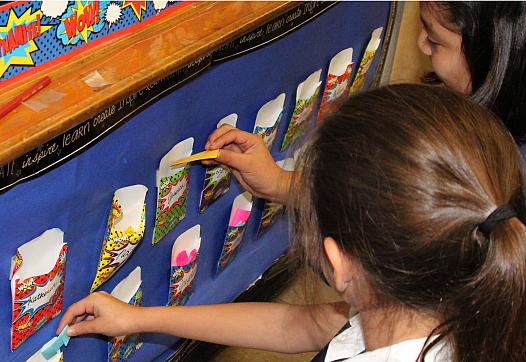
A reporter recounts his journey to find the stories that shed light on how Trump’s rhetoric and policies are impacting the health and wellness of kids of undocumented immigrants.
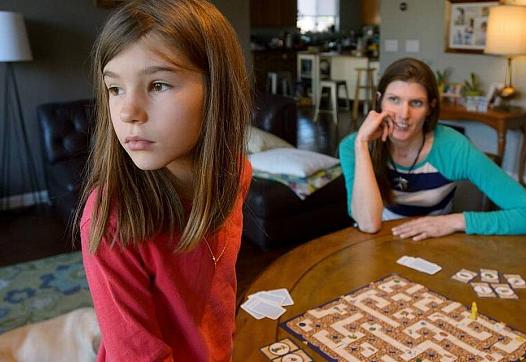
When it comes to ensuring children receive key developmental screenings, California is doing a terrible job, according to data and expert interviews.

"The longer apart these children are from their parents, the more trauma sets in,” said Andrea Crichlow, a Brooklyn-based social worker from Barbados. Nor does family reunification alone fix the damage.
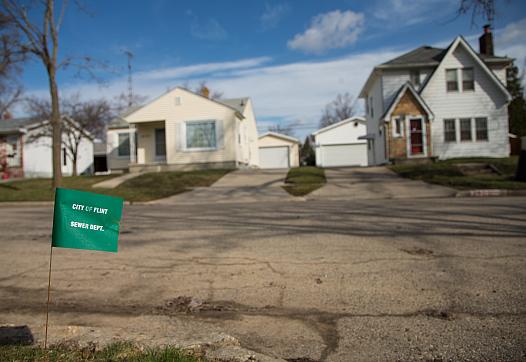
When it comes to local communities, zip codes are rarely a good way to look for geographic differences, and can cloud whatever relationships a researcher might be looking for. Consider what happened in Flint.
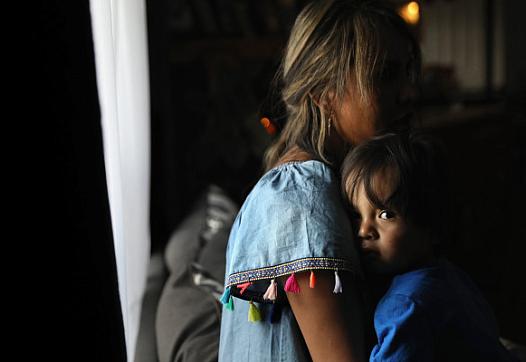
Immigrants on edge about broader enforcement under Trump have been skipping appointments and questioning whether enrolling in public health coverage could jeopardize their status.
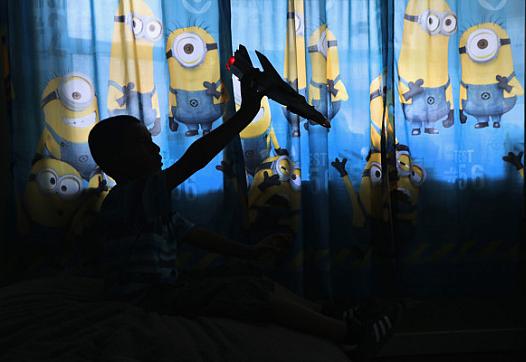
Rebecca Adams reported this story with support from the Fund for Journalism on Child Well-Being, a program of the University of Southern California Center for Health Journalism.
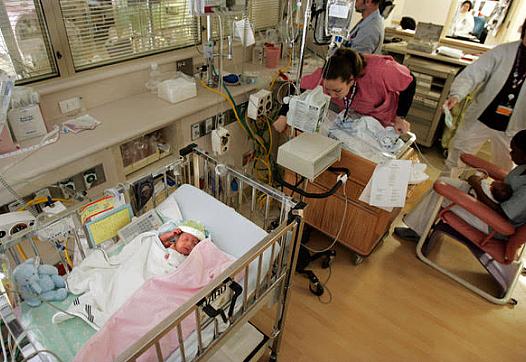
New research finds that among very preterm babies, where they are born matters greatly. And black and Hispanic mothers are more likely to deliver at hospitals with worse outcomes.